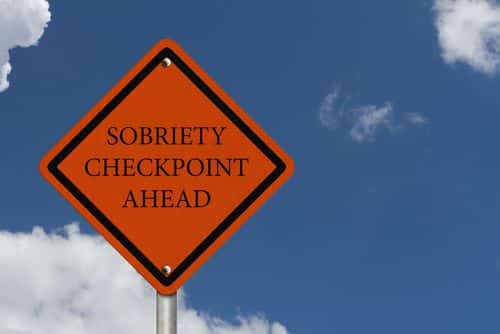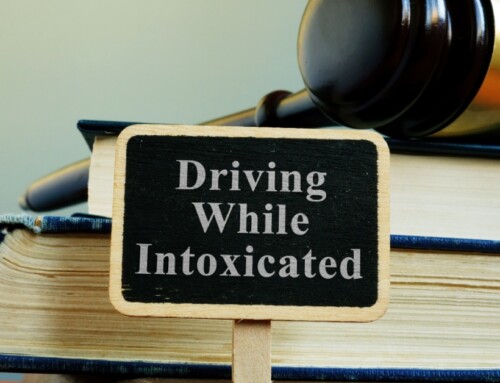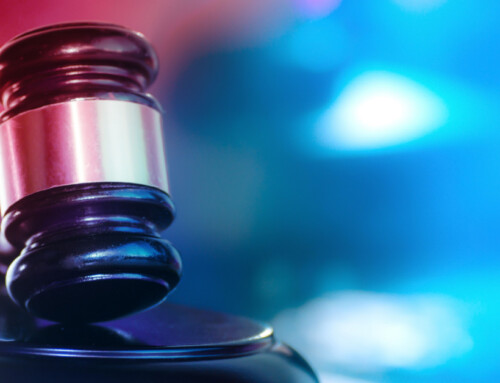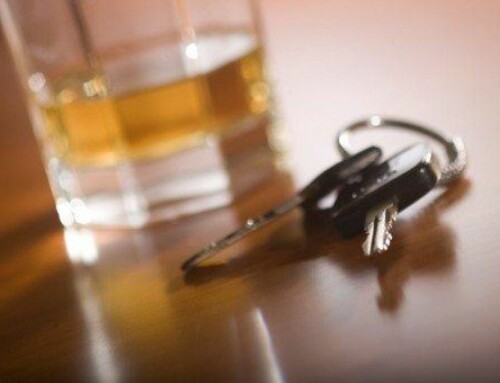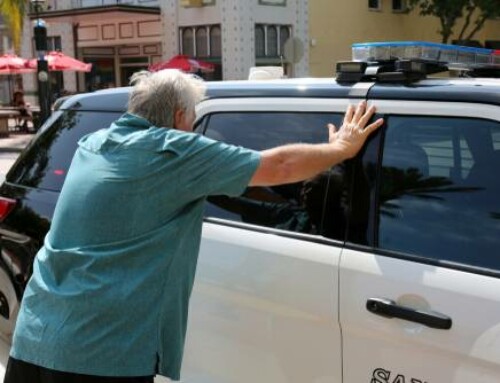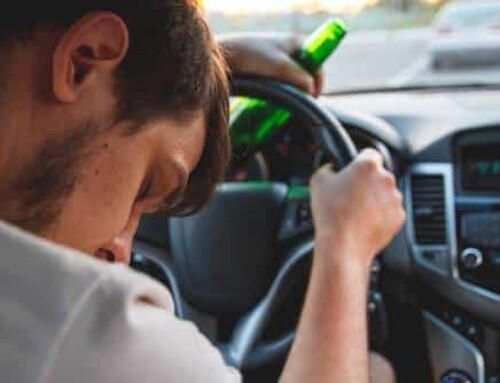A DUI checkpoint is when the police stop vehicles on public roadways to determine whether the driver is operating his or her vehicle under the influence. Many individuals believe that the police have to have probable cause in order to stop drivers at a DUI checkpoint. However, the U.S. Supreme Court has indicated differently. What the U.S. Supreme Court stated is that the dangers associated with drunk driving actually outweigh the degree of intrusion of sobriety checkpoints. While this ruling was quite controversial, the United States Supreme Court made this determination with the purpose of protecting the general public from the dangers caused by drunk driving. As a result of this decision, the National Highway Safety Transportation Board has issued guidelines for law enforcement to follow when they decide to administer a sobriety checkpoint. The guideline that is essential for law enforcement to follow is that they have to make the sobriety checkpoint publicized far in advance. Additionally, each state is permitted to institute their own guidelines as they deem appropriate.
DUI Checkpoints in South Carolina
Sobriety checkpoints are legally permitted within the state of South Carolina. However, certain requirements must be met. Otherwise, evidence obtained at the DUI checkpoint may be kept out of court. These requirements are:
Cars Must Be Stopped in a Predictable Pattern – Law enforcement can’t stop vehicles randomly. Instead, law enforcement can only stop motorist according to a neutral formula.
The Site Must Be Safe and Identifiable – Law enforcement must take safety precautions such as proper lighting, warning signs, and signals. The checkpoint must be identified as a license or a DUI checkpoint. Also, police officers involved in the checkpoint must be in uniform.
The Stop Must Be Brief – Law enforcement can’t hold drivers longer than is needed.
The Checkpoint Must Be Effective – The prosecution must show evidence that the checkpoint “served the public’s interest.”
Defense Against DUI Checkpoints in South Carolina
If you are stopped at a DUI checkpoint, you must provide your driver’s license, your registration, and your proof of insurance. Beyond that, you may refuse a search of your vehicle, to give a breath sample, or to perform field sobriety tests. Regardless, it’s important that you be calm, be respectful, and exercise your right to remain silent.
If you have been charged with a DUI at a checkpoint, you may have several defenses. Don’t hesitate to schedule a consultation today. Contact our DUI lawyer in North Charleston, SC. This way, you will be one step closer to having your legal troubles behind you.

